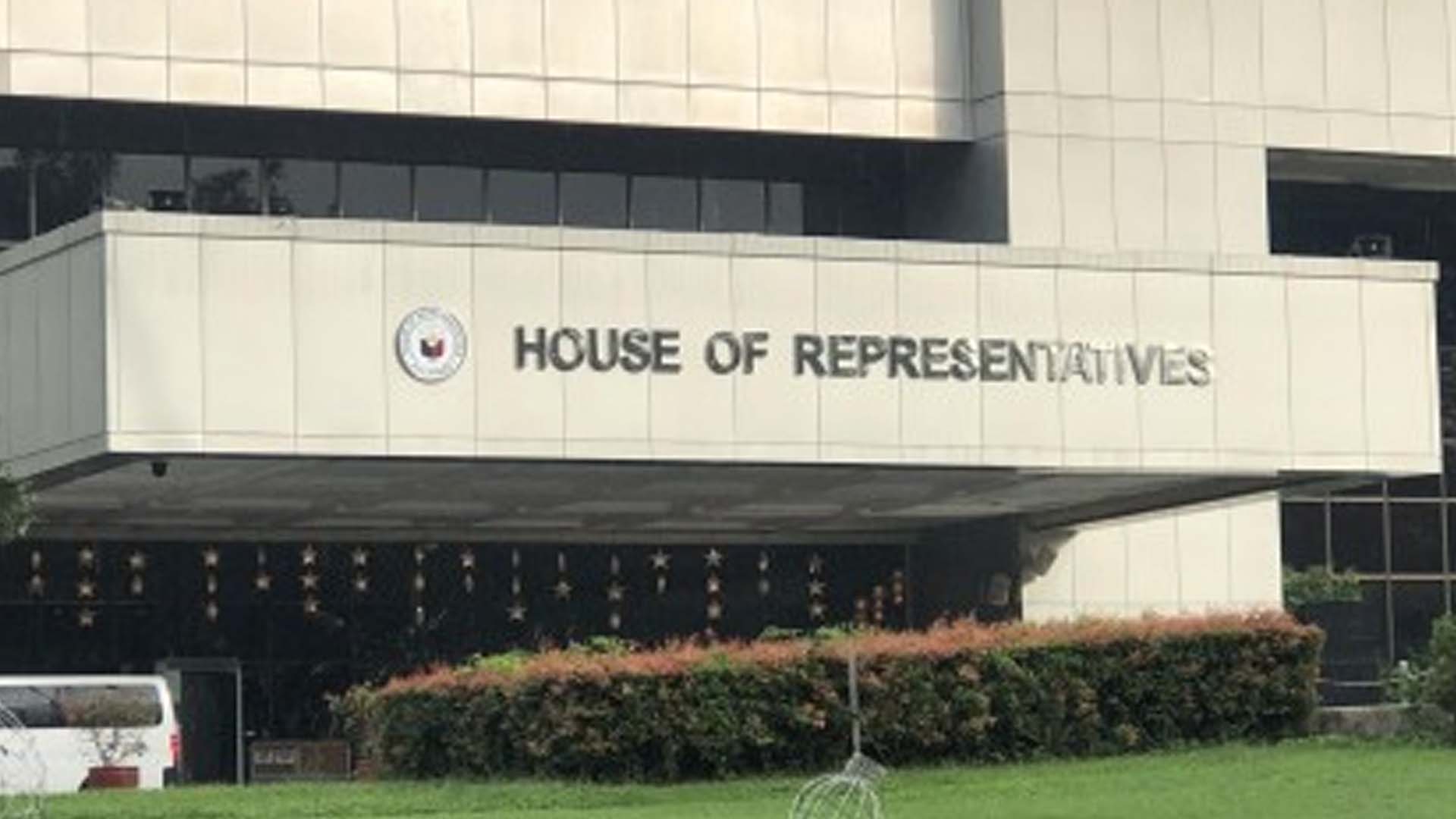A priority measure that would institutionalize the transition of the government to e-governance in the digital age hurdled committee level at the House of Representatives.
During Wednesday’s hearing, the House Committee on Information and Communications Technology, chaired by Navotas City Rep. Tobias Tiangco approved the substitute bill for 20 measures that would establish the e-government and create the purpose of the Philippine Infostructure Management Corporation.
The bill is a legislative priority of President Ferdinand R. Marcos Jr. and principally authored by House Speaker Martin Romualdez.
Tiangco said the proposal sought to establish “an effective e-government plan that would create more valuable and meaningful services through interoperability and maximization of resources which are part of the powers and functions of the Department of Information and Communications Technology (DICT),” adding that corruption would be minimized with less human intervention in government transactions.
The bill promotes the use of ICT in transforming government processes, operation and service delivery into a more citizen-centric, interconnected and transparent governance.
It would cover all executive, legislative and judicial offices, including local government units, state universities and colleges, government-owned and -controlled corporations, as well as other instrumentalities whether located in the country or abroad, that provide services covering business and nonbusiness related transactions as defined in the proposed Act.
In filing House Bill No. 3, Romualdez said government policies “must be responsive to the needs of our people, rather than burden them with totally avoidable restrictions.”
“Digitalization is evidently the most efficient solution to the gap in the delivery of government services,” he said.
Marcos earlier emphasized the need to hasten the country’s digital transformation to enable his administration to provide “fast, transparent, and efficient” services to the public.
Marcos said the government must take “full advantage” of the new technologies and techniques to provide the Filipino people the “best” services they deserve.
“And if we are to succeed in digitalizing our bureaucracy, our government, and to make the way that we do business, the way that we work, the way that we even communicate with one another, we (have) to make it as efficient, as streamlined, and as affordable as possible so that we can provide that extremely important service,” he said.
Marcos reiterated his plan to make the government “more adaptive to fast-changing developments,” as he noted that the Philippines has ranked 89th out of 193 countries in the United Nations E-Government Survey. (PNA)







